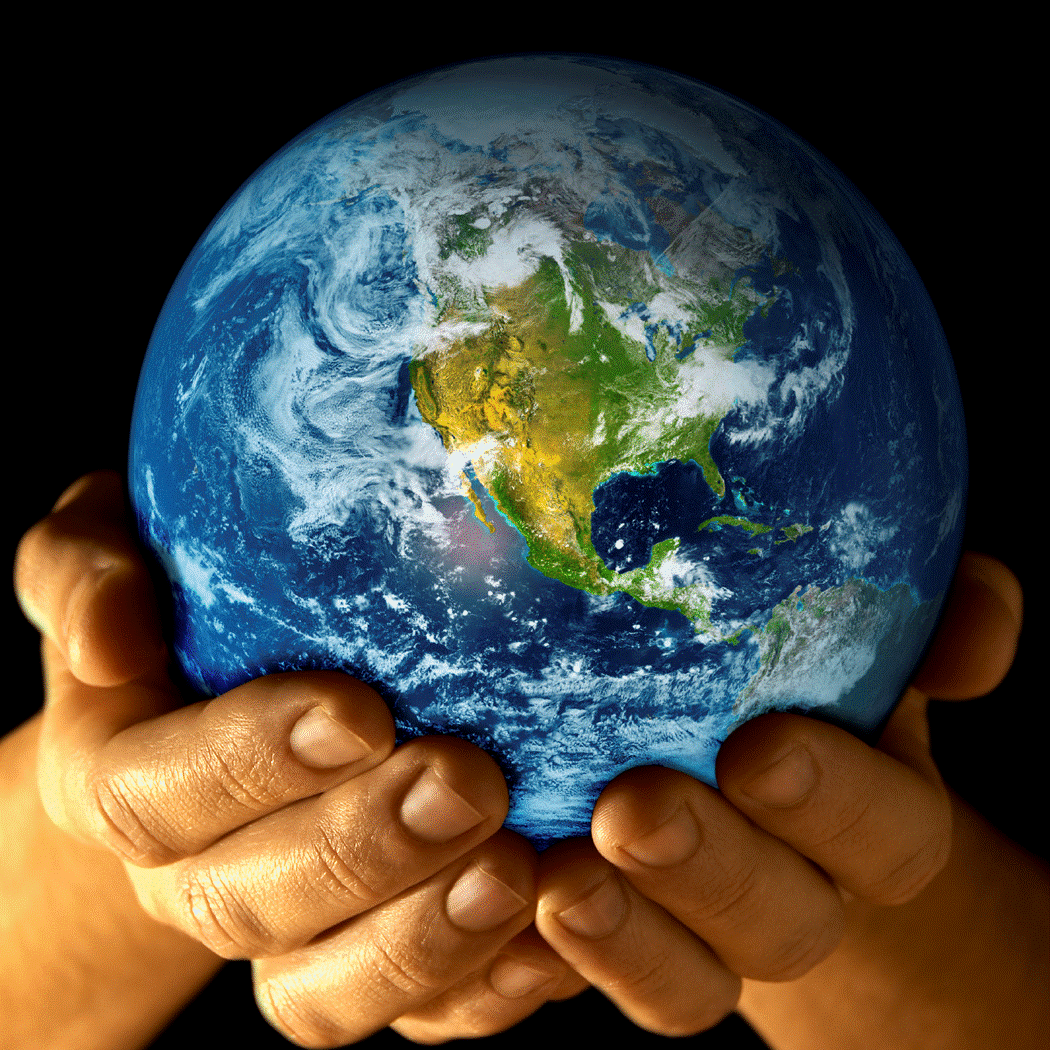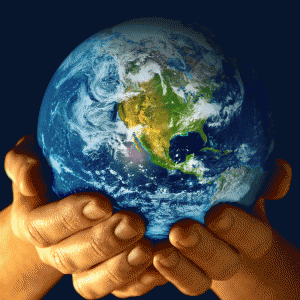On January 20, 2013, the United States of America will either have Barack Hussein Obama for four more years or will have a new president, the Republican Willard Mitt Romney, with a new House of Representatives and a new Senate. Be that as it may, the continuation of the Obama presidency, or alternatively the transfer of power to the new Romney administration, will be accompanied by many challenges, presenting the old, or the new president with a difficult agenda.
After experiencing a recession in 2008 and 2009 respectively, the economy grew by 3 per cent in 2010, but fell back to 1.7 per cent in 2011. Simultaneously, unemployment shot up to over 10 per cent in 2010, and stabilized at 8.2 per cent in the first half of 2012. In the intervening period, the Obama administration added to the national debt over 5 trillion dollars, an increase of almost 40 per cent. The rising risk of financial catastrophe combined with faltering growth have weakened the economy and triggered a disproportionate reduction of the defense budget for the next ten years. Adding insult to injury, economies are weakening across the globe. The slowdown of the Asian economies is intensifying. Even China’s economy appears to hit the wall of prolonged decline. The European Union, especially its euro zone, is in a political, monetary, fiscal and economic turmoil. The Muslim countries of the Middle East and North Africa are again in the throat of catastrophic instability. In Central and South America partisan paralyses of the political landscapes, nationalizations, social programs favoring the poorest and new constitutions with autocratic features threaten a lethal combination of ideological radicalization and mass poverty.
Alas, the twenty first century promises to bring not less but more instability, restlessness and bloodshed than its predecessor. Meanwhile, inside and outside the United States of America, a consensus has developed on President Obama as a hopelessly incompetent executive, who totally ignores the political, social, economic realities of his country and the world, and utterly fails to comprehend the delicate balances of power that guarantee relative global stability. Paralyzed by his ideological timidity and intellectual deficiencies that have transformed him from a unknown politician to a venomous preacher of political hatred, President Obama has become the hostage of two sinister ideas. Domestically, under the uncouth slogan of “transformation,” he wants to destroy the constitutional order and replace it with the rule of an anti-democratic and anti-capitalist vanguard, whose political domination will be rooted in the steadily increasing dependence of individuals on the federal government. Internationally, he believes that his abdication of the United States’ role as the sole superpower is the only way to bring about the end of American dominance and the perfect equality of all small and large nations in the world. Thus concealed behind two conflicting tactical misconceptions and weighed down by apparent inertia, the Obama administration’s foreign policy exists as a twin catastrophe. On the one hand, it lacks vision without which there is no solid foundation for a coherent foreign policy. On the other hand, the strange combination of Obama’s character, uncultured megalomania and the lack of courage to make decisions, have rendered American foreign policy under this president a prey of fortuitous circumstances.
The art of designing an effective foreign policy for the United States of America must begin with the understanding that countries like China, Russia, Brazil, Iran and many more are actively trying to destroy the status quo. The power vacuum created by the Obama administration’s abdication of America’s international responsibilities means that the United States has signed its own and its allies’ death warrant into an emerging new system that is unsustainable. In Russia, history is always running in circles. Ultimately, the Tsars, the Communists, Yeltsin and now for the second time Putin had given their subjects and the world only extreme poverty, moral nihilism, unfettered corruption and aggressive militarism. Instead of having been a force for peace and stability, the various incarnations of Russia had been unfailingly a constant threat to the world and a curse to the moral health of mankind. The People’s Republic of China has reached the same proverbial fork on its political and economic path that destroyed the Soviet Union and its satellites. With time, it will implode both politically and economically. The rest of Asia, with some exceptions, will continue to be mired in political and economic instability. In spite of the burgeoning threat from Iran, the states of the Arab League will remain disunited. The so-called Arab Spring is a mirage that will dissolve into increasing violence for absolute power between secularists and fundamentalists. The ruin of the national economies caused by the social-market model and excessive protectionism, the worldwide recession, the increasingly racist nationalism of many politicians and the reckless adherence to failed social policies of the past have all contributed to the crises of the European countries both inside and outside the European Union. For these reasons, the divisions within the continent predictably will deepen, with severe consequences for the United States and NATO. The governments of Central and South America will grow increasingly protectionist. Instead of building bridges, each country will become a fortress with declining political and economic freedoms.
The only country that could provide leadership for the rest of the world is the United States of America. Most importantly, the president must lead by developing a vision without which this great country and its people could not sustain themselves. This vision must rest on the twin-pillars of individual and economic freedoms. To be successful, however, this nation first must put its domestic house in order. Only a politically, financially and economically sound America could be an example worthy to follow and to emulate. Also, this nation must be cognizant of its limits. Political, financial, economic and military interventions must be carefully weighed and planned. Finally, the State Department and other agencies involved in the foreign policy making process must be restructured, reorganized and made more efficient. President Obama is evidently not up to these tasks. Clearly, Mitt Romney too has to prove to the American people his competence in foreign affairs. Whether he could do it is still open to question.

